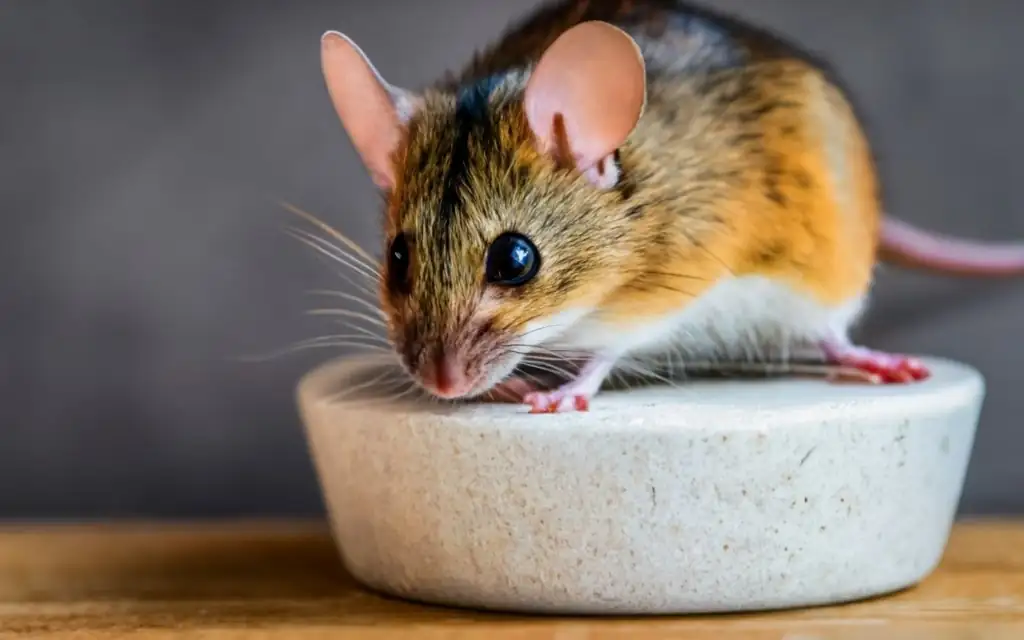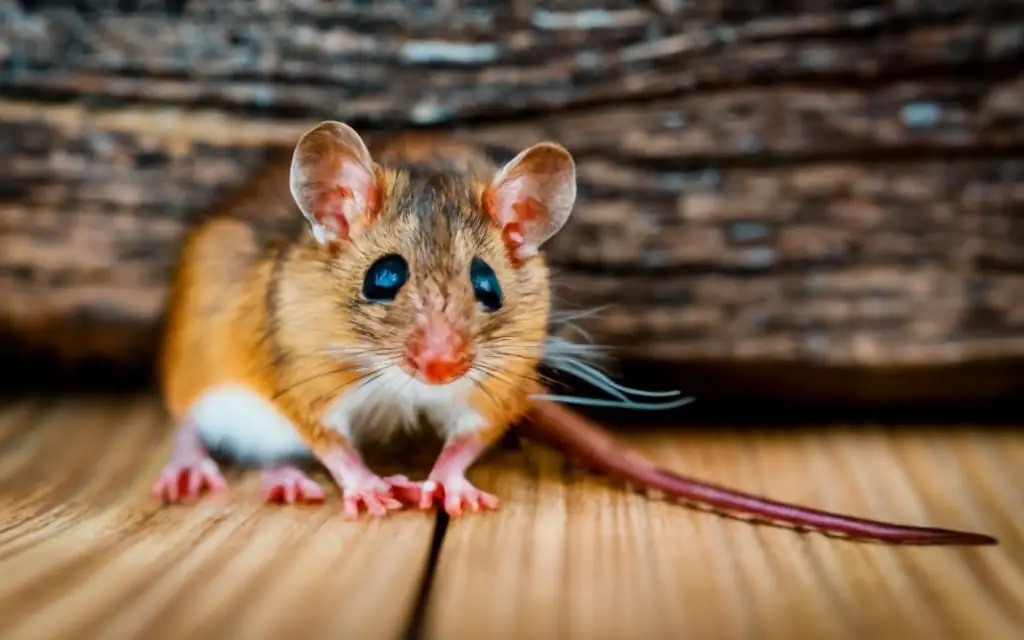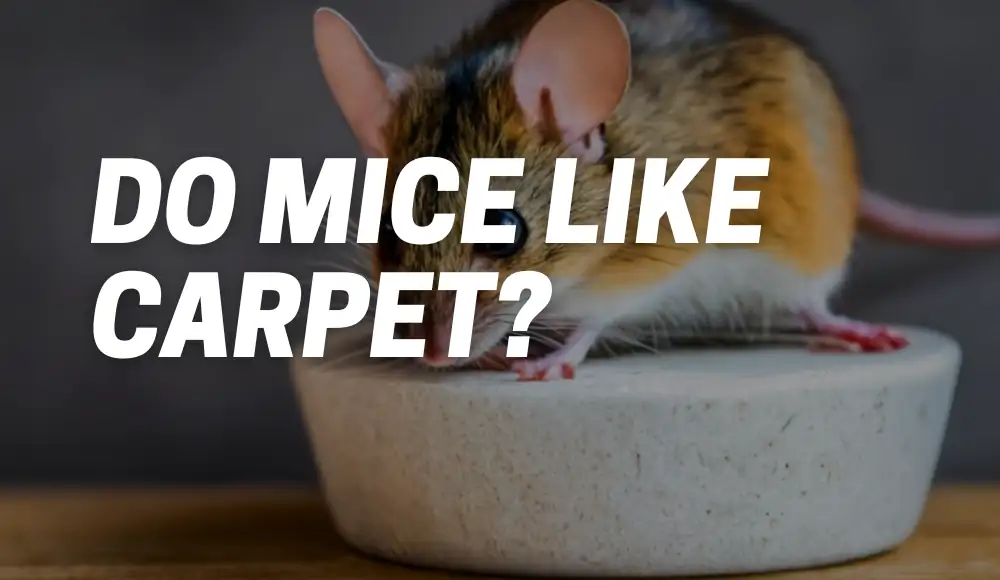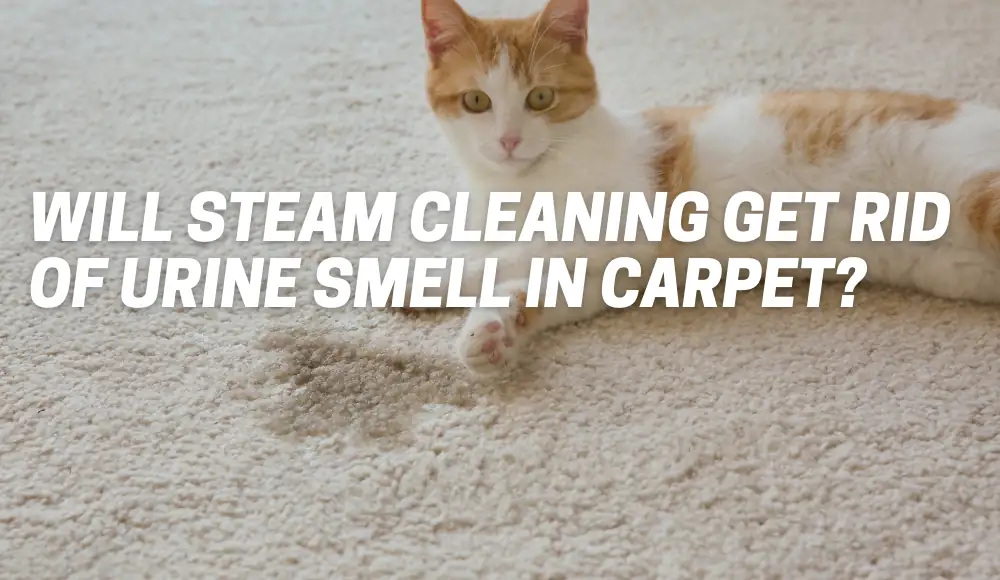Last updated on October 29th, 2023 at 02:20 am
Mice and carpet – a seemingly inconspicuous pair until you find yourself wondering about those tiny, uninvited guests in your home. If you’ve ever pondered questions like, “Do mice like carpet?” or “Can mice live in carpets?” – you’re not alone. In this detailed guide, we’ll delve into the world of mice and their curious fascination with our floor coverings. You’ll learn what attracts mice to carpets, how they make their way in, and what you can do to keep them out. So, let’s start unrolling the carpet on this topic.
Mice are resourceful creatures, and when it comes to seeking shelter and warmth, they aren’t too choosy. Carpets, with their cozy fibers, provide a tempting refuge for these tiny rodents. But why are mice so drawn to carpets, and what should you do about it? We’ve got all the answers you need!
Do Mice Like Carpet?
Mice do indeed like carpet, and there are a few specific reasons for this. The texture and warmth of carpets make them an ideal nesting spot for these critters. Here’s a closer look at the factors that attract mice to your flooring.
Can Mice Live in Carpets?
Yes, mice can live in carpets. They often create nests within the carpet’s fibers, offering them a hidden and snug place to rest, breed, and store food.
How Do Mice Get Into Carpets?
Mice are incredibly agile and can find their way into your home through various entry points. Once inside, they’ll navigate their way to the carpet for shelter. Common entry points include gaps in walls, doors, windows, and even your roof.

Signs of Mice in Your Carpet
So, how can you tell if mice have set up camp in your carpeted haven? Look out for these telltale signs:
- Droppings: Tiny, dark pellets on your carpet are a clear sign of a mouse presence.
- Nesting Materials: Shredded fabric, paper, or insulation within your carpet indicates mouse nesting.
- Chewed Carpet: If you notice chew marks or holes in your carpet, mice are likely culprits.
- Scratching Sounds: Listen for faint scratching sounds, especially at night, which can signify mice in your carpet.
How to Prevent Mice from Infesting Your Carpets
Prevention is the best approach when it comes to mice and carpets. Consider these steps to keep these furry intruders at bay:
- Seal Entry Points: Patch up any holes or gaps in your home’s structure to prevent mice from getting inside.
- Proper Storage: Store food securely in airtight containers, and keep your home clean to reduce attraction.
- Regular Cleaning: Vacuum your carpets frequently and maintain cleanliness to remove any crumbs that might lure mice.

Are There Natural Repellents to Keep Mice Away from Carpets?
Yes, there are natural methods to deter mice. Peppermint oil, mothballs, and ultrasonic-repellent devices can discourage mice from approaching your carpets.
What Should I Do If I Find Mice in My Carpet?
If you discover mice in your carpet, take action promptly. Set up traps, consult a professional exterminator, or consider DIY methods for removal.
Can Mice Damage Carpets?
Mice can cause significant damage to your carpets. They chew through fibers, leaving unsightly holes and potentially rendering the carpet unusable.
How to Clean Carpets After a Mouse Infestation
Cleaning after a mouse infestation is crucial for hygiene. Thoroughly vacuum and steam clean the carpet, and consider professional cleaning services if necessary.
Do Cats and Dogs Deter Mice from Carpets?
Cats and dogs can help deter mice to some extent, but it’s not foolproof. Some mice may become accustomed to their presence.
Mice and Carpet Health Concerns
Mice can carry diseases and parasites, which can be a health concern if they infest your carpet. Address the issue promptly to safeguard your well-being.
How to Seal Gaps to Prevent Mice from Entering Your Home
Sealing gaps in your home is crucial in preventing mice. Inspect your walls, windows, and doors for any openings and seal them with appropriate materials.
Mouse Behavior and Nesting Habits in Carpets
Understanding mouse behavior is key to keeping them out of your carpets. Mice prefer quiet, secluded areas, making carpets an ideal nesting spot.
How to Choose Mouse-Proof Carpeting
If you’re in the market for new carpeting and want to make it less appealing to mice, opt for materials that are less conducive to nesting.
DIY Methods to Remove Mice from Carpets
If you’d rather tackle the issue yourself, there are several DIY methods you can employ to remove mice from your carpets.
How to Locate and Remove Mouse Nests in Carpets
Locating and removing mouse nests can be challenging, but it’s essential for effective pest control. Pay close attention to the signs mentioned earlier to locate their nests.
Mice vs. Other Pests: How to Identify the Problem
It’s important to differentiate between a mouse infestation and other pest issues. Understanding the type of infestation is crucial for effective eradication.
The Cost of Repairing Carpet Damage from Mice
Repairing carpet damage from mice can be costly, so early detection and prevention are your best defenses against this expense.
Expert Data Table: A Comparison of Common Repellents
| Repellent | Effectiveness | Ease of Use | Cost |
|---|---|---|---|
| Peppermint Oil | Moderately effective | Easy to apply | Low |
| Mothballs | Limited effectiveness | Easy to use | Low |
| Ultrasonic Devices | Variable effectiveness | Simple installation | Moderate |
| Professional Extermination | Highly effective | Requires expertise | High |
Frequently Asked Questions
Do Mice Crawl on Carpet?
Yes, mice can crawl on carpets with ease, thanks to their small size and agility.
What Attracts Mice to Your Bedroom?
Mice are attracted to bedrooms due to their warmth, shelter, and potential food sources.
Do Mice or Rats Chew Carpet?
Both mice and rats are known to chew on carpet, causing damage to the fibers.
What Smell Do Mice Hate the Most?
Mice are averse to the smell of peppermint, making it a useful natural repellent.
What Do Mice Eat If There Is No Food?
Mice are resourceful scavengers and can subsist on crumbs, cardboard, and even insulation if there’s no readily available food.

What Do Mouse Chew Marks Look Like on Clothes?
Mouse chew marks on clothes typically appear as small, irregular holes or gnawed edges.
How to Tell If You Have Mice in Your Walls?
Scratching sounds, droppings, and gnaw marks near wall openings are indicators of mice in your walls.
What Do Mouse Urine Stains Look Like?
Mouse urine stains are typically small, dark spots that may fluoresce under UV light.
Do Mice Go Upstairs?
Yes, mice can climb stairs, and they are not limited to ground-level areas.
Do Mice Like Closets?
Mice may explore and nest in closets if they offer warmth and nesting materials.
Conclusion
In the ongoing battle between homeowners and mice, it’s essential to stay one step ahead. By understanding the intricacies of “mice and carpet,” you can create a mouse-resistant environment that keeps your flooring and home rodent-free. So, keep a close eye on your carpets, employ preventive measures, and don’t hesitate to seek professional assistance when needed. Your cozy carpets will thank you for it, and so will your peace of mind.


